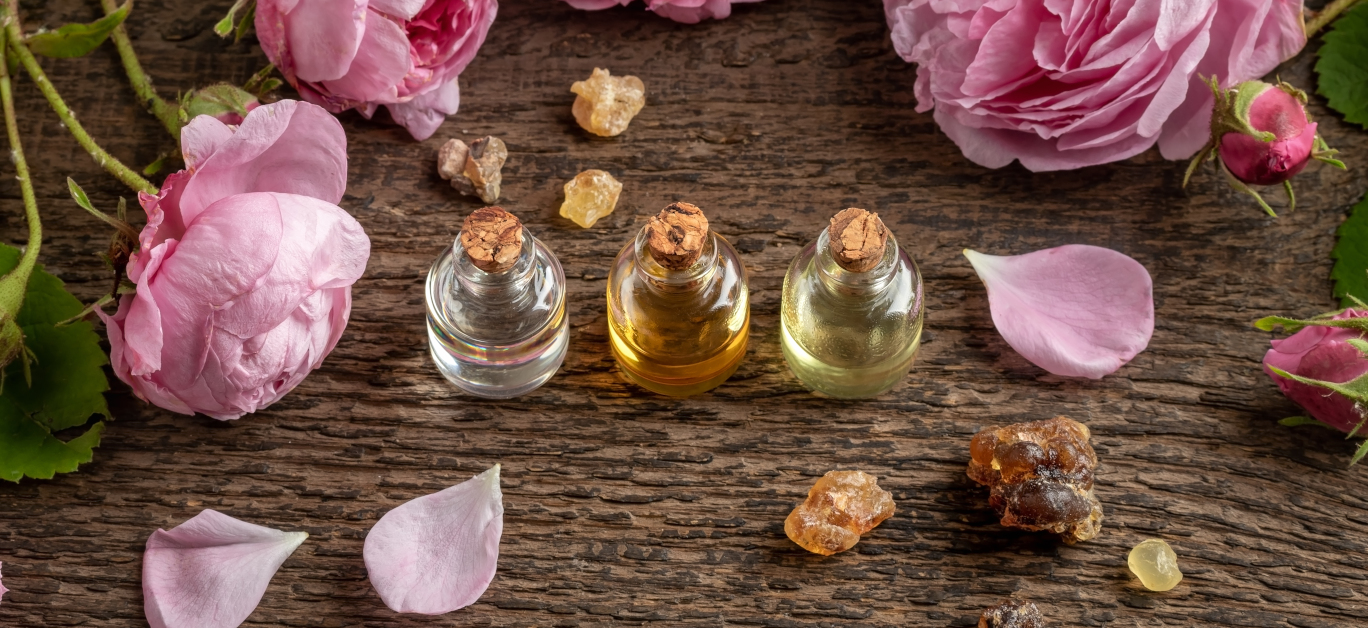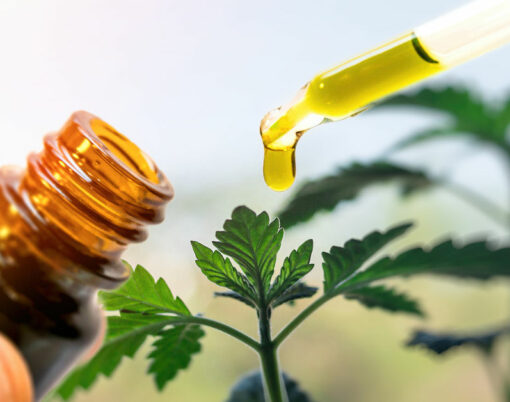Essential oils are one of the easiest yet most powerful ways to create an appealing atmosphere within the home, and you might be surprised at just how effectively using a diffuser can transform the vibe. And one oil that has been making waves of late thanks in part to its alluring spicy undertones, is frankincense.
But something that sets this dreamily-scented oil apart from the crowd is its interesting range of health and wellness benefits, with holistic health professionals across the world extolling its virtues in 2022. After sitting on the side lines for many years while common essential oils like lavender, sandalwood and patchouli have taken centre stage, it seems we’re finally realising that frankincense, too, can pack a powerful punch – and this year, it’s having its long-awaited moment.
If you’re new to frankincense, then here’s all you need to know about what might just become your new favourite essential oil, whether for its decadent scent, its uplifting properties, or simply because it’s the whole package.
What does frankincense oil smell like?
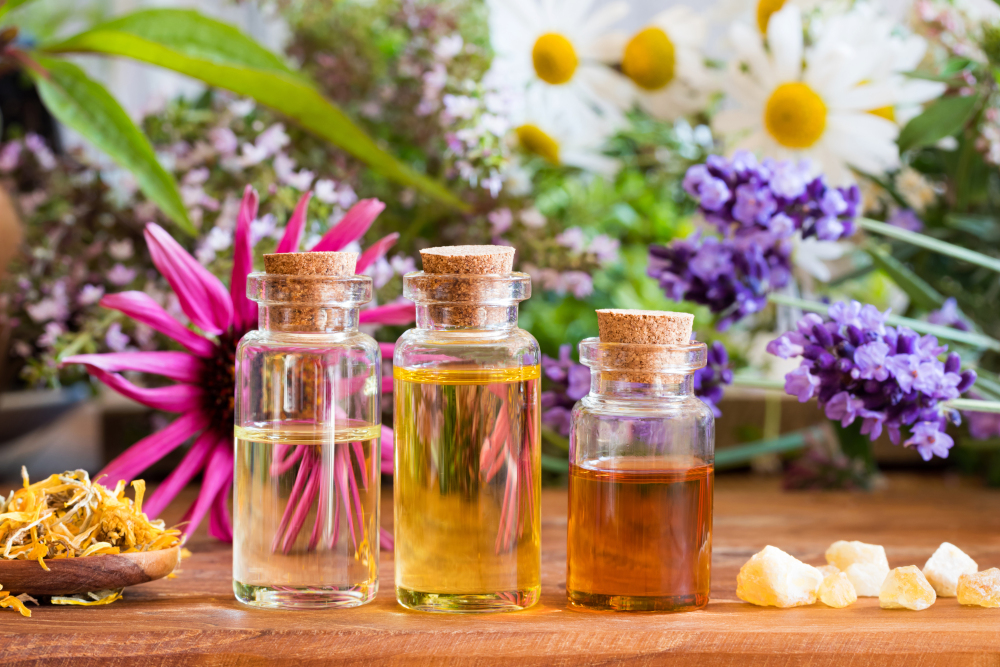
It all sounds great – but what exactly does frankincense oil smell like? It’s a burning question for many would-be users, and understandably so. The good news is that it has a pleasant fragrance with notes of pinewood and spices thanks to its origination from the pungent Boswellia tree.
Although still often associated with Christmas, for obvious reasons, it certainly isn’t just a winter scent, and can be enjoyed year round. If you enjoy the sensory experience of strolling through the forest and the calming feeling that comes with it, then you’re almost certain to adore this powerful oil, and it will give your home a welcoming aroma that is sure to win you compliments from guests.
What are the benefits of frankincense oil?
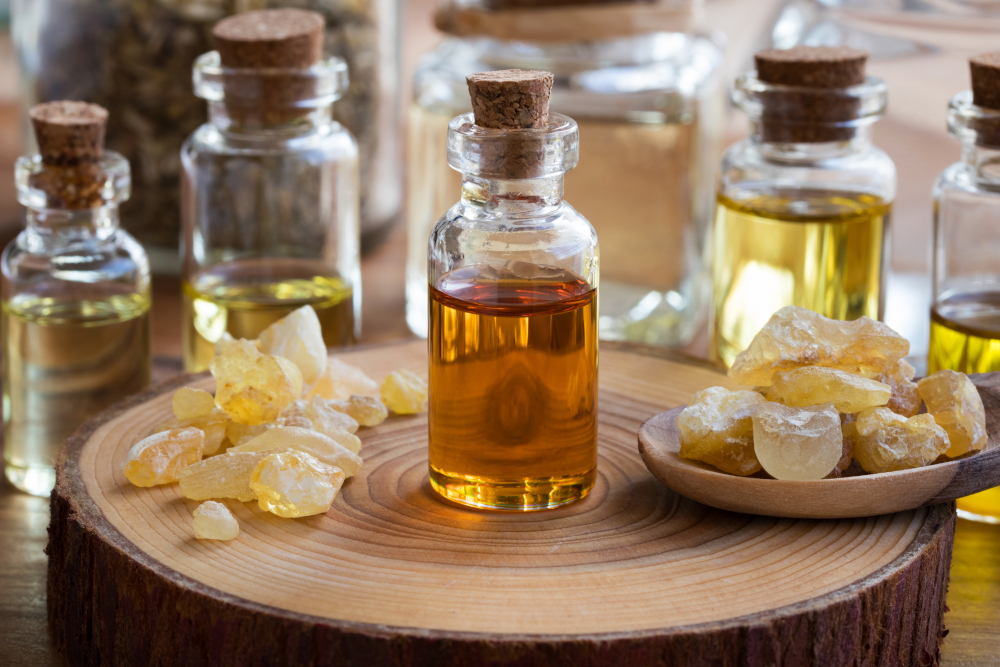
Whilst diffusing an essential oil that smells pleasant is a great way to create a welcoming scent in your home, choosing an oil that offers a raft of health and wellness benefits, too, means you’ll get to enjoy the best of both worlds. The good news is that frankincense, which has long been incorporated into Chinese medicine, fits the bill.
It is particularly well-known for its anti-inflammatory benefits, making it a popular choice for candles and diffusers for sufferers of chronic inflammatory conditions like arthritis and fibromyalgia. Its anti-inflammatory properties are also thought to offer benefits to gut function and to improve issues such as bloating or gastrointestinal disorders.
But its powerful range of benefits don’t end there, and it has been linked with a reduction in feelings of stress and anxiety, improved concentration and mood, boosting relaxation and helping to combat germs.
There is even a suggestion that frankincense oil could potentially help to prevent the spread of certain cancers within the body – although the science on this is in its early stages and a much larger scale of research is required in order to verify whether this could be the case.
Nevertheless, there are links between boswellic acid, which is contained within the oil, and a reduction in the spreading of cancerous cells – you can read more about it here.
Where is frankincense oil from?
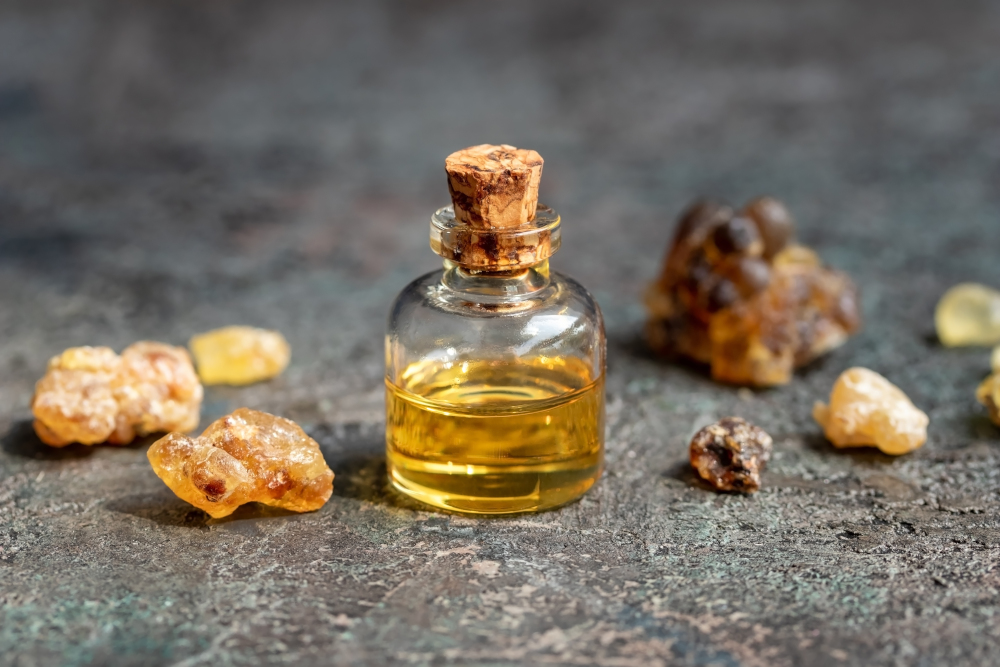
Whilst the three kings are said to have travelled to Bethlehem to bestow the gift of frankincense on Mary and Joseph, the oil doesn’t, in fact, originate in Israel. Actually, it comes from the Boswellia tree, which grows in India, and can take up to ten years for each tree to be ready for extraction, which is one of the reasons it was once considered such a precious gift. Harvesters must wait until trees are fully mature before beginning the process, at which point the bark is peeled away to allow frankincense to be extracted from the resin.
It’s not a quick job, or an easy one – and a great deal of time and effort goes into producing each tiny bottle of frankincense oil.
What is the history of frankincense?
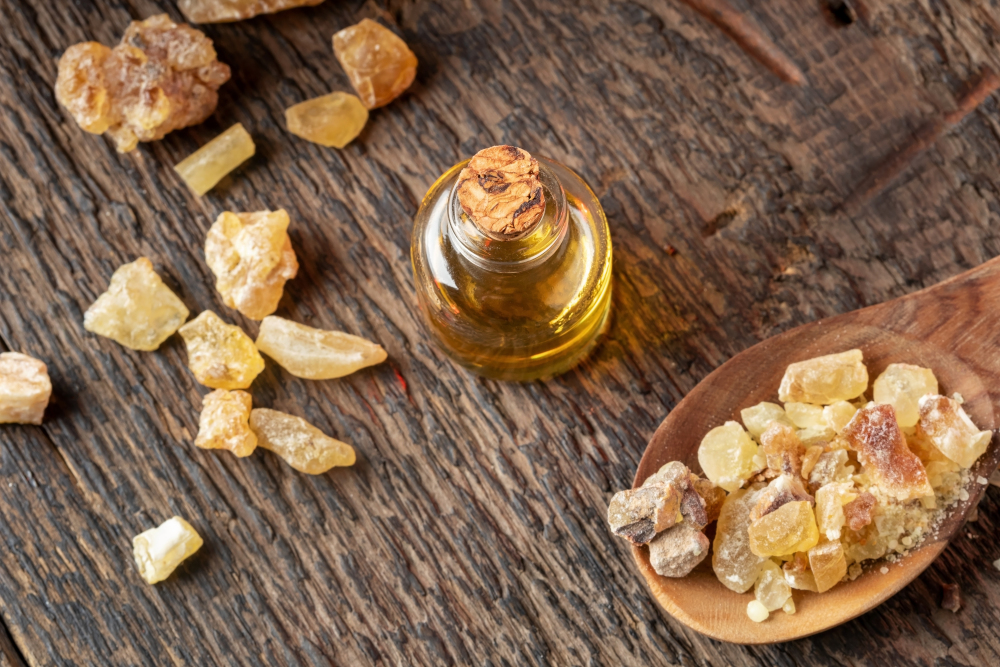
Frankincense has long been associated with religion, and these links reach far beyond the traditional Christmas story alone. Over the years, it has been used in numerous Christian churches and Hebrew temples around the world to signify holiness, and was often carried and traded by holy people in history as a result of this association, too. In fact, there is evidence of frankincense being used as far back as over 5,000 years ago and to this day, you will continue to find it present in religious centres and places of worship.
Is frankincense oil safe to use?
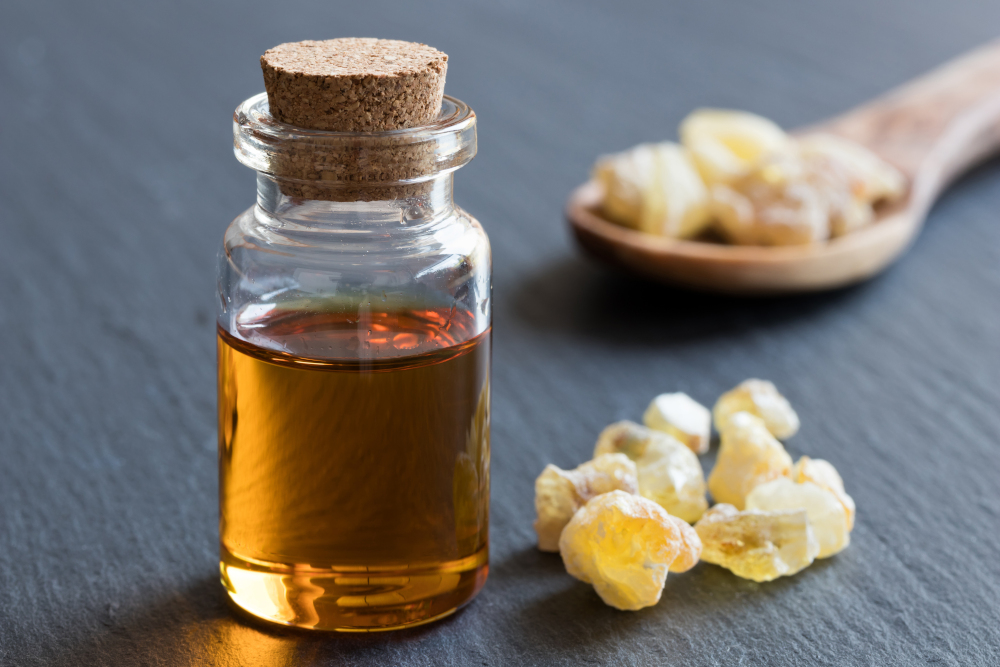
As a completely natural ingredient sourced from the Boswellia tree, the good news is that frankincense oil is safe to use. But, as with most essential oils, the key is moderation. It’s important to use sparingly and to ensure that you are diluting the essential oil with a carrier oil, particularly if you plan to use it in a diffuser. If you don’t, the scent and the fragrance will be overwhelming, which is not the desired effect. It’s also important to avoid direct contact with the skin, as a concentrated oil such as this can cause redness and irritation – so don’t be tempted to apply it topically, and enjoy its aromatherapy benefits instead.












